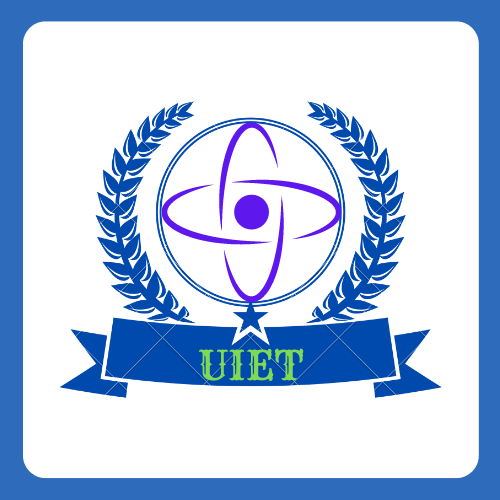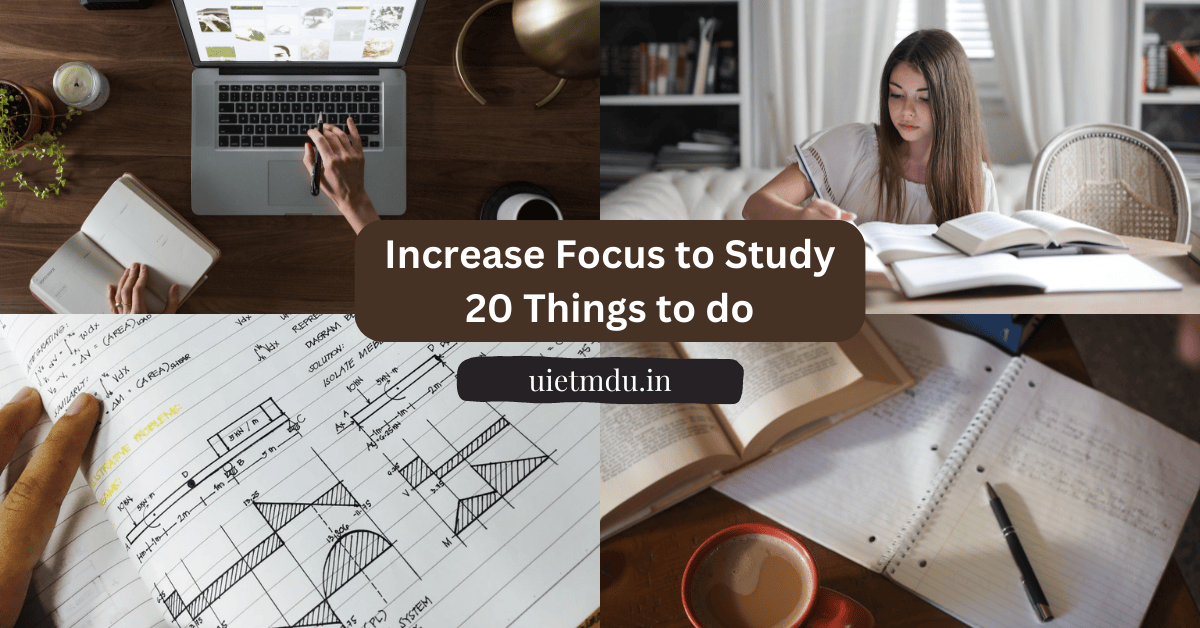Set specific study goals for each session and write them down: It’s important to have a clear idea of what you want to accomplish during each study session. This can help you stay on task and measure your progress. Writing your goals down can also help make them more concrete and achievable.
Create a designated study space that is quiet, well-lit, and free from distractions: Your environment can have a big impact on your ability to focus and retain information. Creating a designated study space that is conducive to learning can help you stay on task and minimize distractions.
Use a planner or scheduling app to manage your study time and keep track of deadlines: Good time management skills are essential for effective studying. A planner or scheduling app can help you stay organized, prioritize tasks, and meet deadlines.
Take regular breaks to recharge your energy and prevent burnout: It’s important to take breaks during your study sessions to prevent burnout and maintain focus. Taking short breaks every hour or so can help you recharge your energy and avoid mental fatigue.
Stay hydrated and nourished with healthy snacks and beverages: Proper nutrition and hydration are important for cognitive function and energy levels. Eating healthy snacks and drinking plenty of water can help you stay focused and alert.
Use active learning techniques like summarizing, asking questions, and teaching others: Active learning techniques can help you engage with the material and retain information more effectively. Examples include summarizing key points, asking questions, and teaching others.
Eliminate distractions by turning off notifications on your phone and computer: Distractions can be a major barrier to effective studying. Turning off notifications on your phone and computer can help you minimize distractions and stay focused.
Use noise-cancelling headphones or listen to calming background music to enhance focus: Some people find that listening to music or using noise-cancelling headphones can help them concentrate better. Experiment with different strategies to find what works best for you.
Practice mindfulness or meditation techniques to improve concentration: Mindfulness and meditation techniques can help you cultivate focus and reduce stress. Practising mindfulness exercises regularly can help you stay calm and centred during your study sessions.
Avoid multitasking and focus on one task at a time: Multitasking can actually be less productive than focusing on one task at a time. Try to prioritize your tasks and focus on completing them one at a time.
Use the Pomodoro technique (25 minutes of focused work, followed by a 5-minute break) to stay on task: The Pomodoro technique is a time-management strategy that involves breaking your work into 25-minute intervals, followed by short breaks. This can help you stay on task and avoid burnout.
Reward yourself after completing a study goal or task: Rewarding yourself after completing a study goal or task can help motivate you and reinforce positive study habits. Consider treating yourself to something you enjoy after a particularly productive study session.
Find a study buddy or accountability partner to keep you motivated and accountable: Having a study buddy or accountability partner can help you stay motivated and on track. You can check in with each other regularly and provide support and encouragement.
Use mnemonic devices, visualization techniques, or other memory aids to help you retain information: Memory aids like mnemonics and visualization techniques can help you retain information more effectively. Experiment with different strategies to find what works best for you.
Review and practice regularly to reinforce learning and prevent forgetting: Regular review and practice can help reinforce learning and prevent forgetting. Consider scheduling regular review sessions or using spaced repetition techniques to help you retain information more effectively.
Get enough sleep to help your brain consolidate and retain information: Sleep is essential for cognitive function and memory consolidation.
Manage stress through exercise, relaxation techniques, or other stress-reduction methods: Stress can be a major barrier to effective studying. Managing stress through exercise, relaxation techniques, or other stress-reduction methods can help you stay calm and focused during your study sessions.
Stay positive and remind yourself of your strengths and achievements: A positive attitude can go a long way in helping you achieve your study goals. Remind yourself of your strengths and accomplishments, and try to focus on the progress you’re making rather than any setbacks or challenges.
Seek help when needed, such as tutoring, counselling, or study groups: If you’re struggling with a particular subject or finding it difficult to stay motivated, don’t be afraid to seek help. Consider joining a study group, working with a tutor, or seeking counselling or other support services.
Stay organized and keep track of important information, notes, and resources: Good organization skills can help you stay on top of your studying and minimize stress. Keep track of important information, notes, and resources in a way that makes sense to you, whether that’s through digital tools or a physical planner. This can help you stay focused and avoid feeling overwhelmed.
Based on the above summary, some potential key points related to increasing focus while studying include
- Setting specific study goals.
- Creating a designated study space free from distractions.
- Using planner or scheduling apps to manage study time.
- Taking short breaks and longer breaks to recharge energy.
- Eating healthy snacks and beverages.
- Using active learning techniques to engage with the material.
- Eliminating distractions from devices.
- Listening to calming background music.
- Practicing mindfulness or meditation techniques.
- Avoiding multitasking and focusing on one task at a time.
- Using the Pomodoro technique to stay on task.
- Rewarding oneself after completing a study goal or task.
- Finding a study buddy or accountability partner.
- Using mnemonic devices or memory aids to reinforce learning.
- Reviewing and practicing material at least once a week to reinforce learning.
These key points can help students improve their study habits, enhance their focus, and achieve their academic goals more effectively.
Frequently Asked Questions
Some examples of specific study goals include completing a certain number of practice problems, reading a specific chapter or section of a textbook, or reviewing notes from a previous lecture.
You can create a designated study space in a small area by setting up a desk or table, using a comfortable chair, and keeping the area free from clutter and distractions. You can also consider using noise-cancelling headphones or finding a quiet corner in your home.
Some popular planner and scheduling apps include Google Calendar, Trello, and Todoist. These apps can help you schedule your study sessions, set reminders, and keep track of important deadlines.
Experts recommend taking short breaks of 5-10 minutes every hour or so. Longer breaks of 15-30 minutes can be taken after a few hours of studying to recharge your energy.
Healthy snacks and beverages include fresh fruits and vegetables, nuts and seeds, granola bars, yogurt, and water or herbal tea.
Some examples of active learning techniques include summarizing key points, asking questions, and teaching others. These techniques can help you engage with the material and retain information more effectively.
Read Also :













